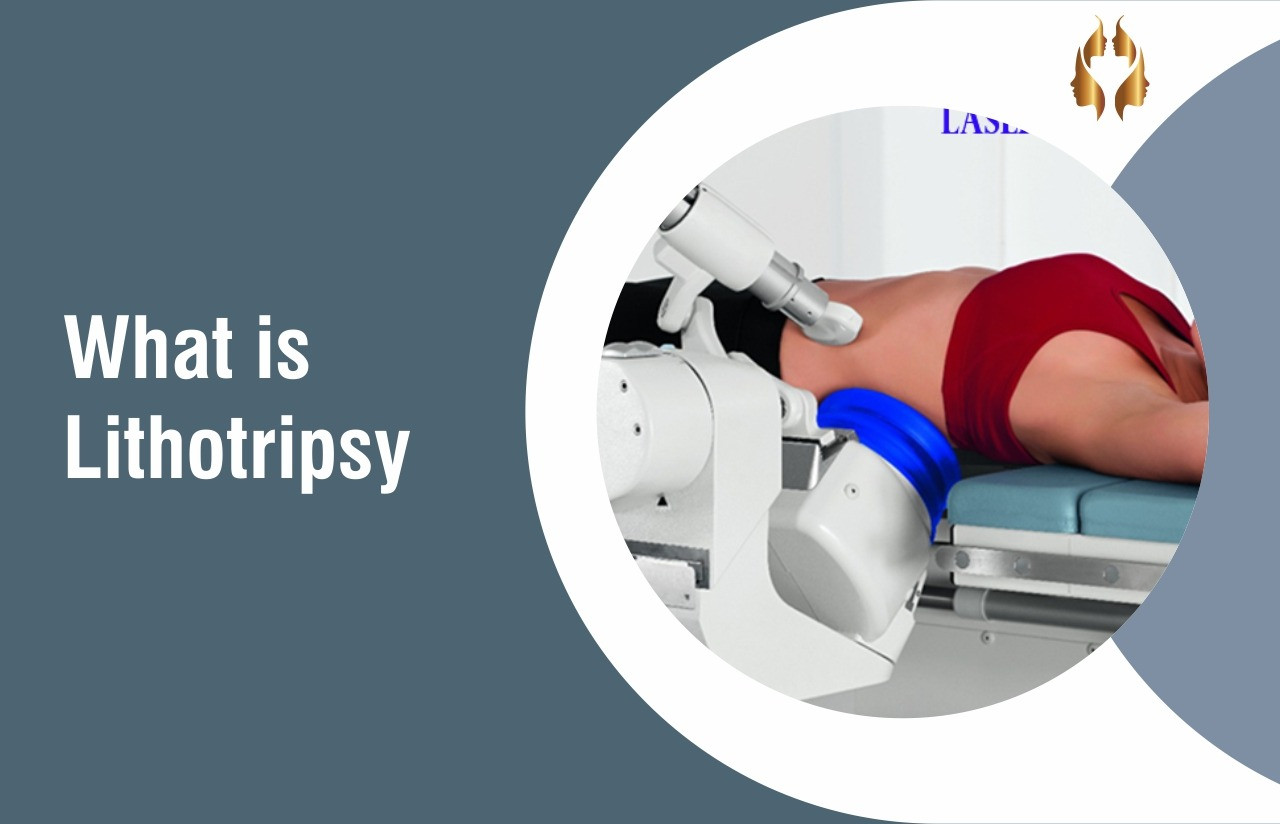Blog Details
Home > Blog > Blog Details

What is Lithotripsy
Lithotripsy, specifically shockwave lithotripsy, is a highly effective treatment for kidney stones. This non-invasive procedure is designed to shatter larger kidney stones into tiny, manageable pieces that can safely pass through the urinary tract and be excreted along with the urine.
Kidney stones, which are composed of mineral crystals, form when urine contains an elevated concentration of minerals that crystallize, leading to the formation of these stones. In most cases, kidney stones pass naturally with minimal discomfort and do not necessitate any medical intervention. However, when a stone grows too large to traverse the urinary tract, it can result in a blockage, leading to severe infections and symptoms like bloody urine, frequent urination, nausea, vomiting, fever, and excruciating pain in the lower back or side, often radiating to the groin.
When is Lithotripsy Recommended?
Lithotripsy is typically advised when the kidney stone is located in the kidney or the upper section of the ureter, the tube connecting the kidney to the bladder. It is commonly employed to break down kidney stones that are larger than 5mm in diameter, not overly hard, obstructing the urine flow, and causing significant pain.
However, there are certain contraindications for lithotripsy. Individuals who are pregnant, take blood thinners, have stones larger than 1cm, or are dealing with an infection due to a stone lodged in the ureter may not be suitable candidates for this procedure and will require alternative forms of treatment.
The Lithotripsy Procedure
The lithotripsy procedure is relatively straightforward and generally follows these steps:
- Sedation or Anesthesia: Patients may receive a sedative or anesthesia to ensure their comfort during the procedure.
- Patient Positioning: The patient will be positioned either on a water-filled cushion or immersed in a water tub.
- Stone Localization: The precise location of the kidney stone will be identified using a fluoroscope or ultrasound scan.
- Shockwave Application: A series of shockwaves will be focused on the stone to fragment it effectively.
- Completion and Follow-up: Once the stone has been broken into pieces small enough to pass, the treatment concludes. If necessary, a stent may be inserted to assist with the passage of stone fragments. The entire procedure typically lasts around an hour. In most cases, lithotripsy is performed on an outpatient basis, and patients can return home after regaining consciousness in the observation room. However, it is essential to arrange for someone to accompany them home.
Recovery After Lithotripsy
Recovery after lithotripsy generally involves the following:
- Discomfort Management: Some discomfort may be experienced post-procedure. It is crucial to take the prescribed pain relievers and avoid over-the-counter pain medications.
- Antibiotics: If prescribed, antibiotics should be taken as directed.
- Normal Activities: Patients can typically return to their regular activities and diet unless otherwise advised.
- Hydration: Drinking plenty of water and fluids is essential to facilitate the passage of stone fragments.
- Urine Straining: Some patients may be required to strain their urine to collect stone fragments for testing, aiding in identifying the stone type and developing preventive measures for future stones.
- Stent Removal: If a stent has been placed, it will be removed during a follow-up appointment, usually a few weeks after the procedure.
- Passage of Stone Fragments: Stone fragments will pass through the urine over several days or weeks, accompanied by some discomfort and pain. Pain relievers can help manage this discomfort.
Advantages of Lithotripsy
Shockwave lithotripsy offers several notable advantages, including:
- Non-invasive procedure
- Prevention of major surgery
- Easy and swift recovery with a return to normal activities
- Relief from the severe discomfort associated with kidney stones
- Complete removal of stones over time without causing complications
Shockwave lithotripsy is a safe and highly effective procedure for eliminating painful kidney stones, enabling individuals to resume their daily routines without disruption or discomfort.
If you or someone you know is experiencing kidney stone symptoms, such as severe pain, bloody urine, or discomfort, seek immediate medical attention. Consult our expert urologists for comprehensive kidney stone treatment at MMRV Multispecialty Hospital.
CONTACT US
Book for Consultation
If you got any questions, please do not hesitate to send us a message. We reply within 24 hours.
24 Hours Service
You can call us any time of the day to fix up your appointments with us to clarify your concerns regarding procedures.